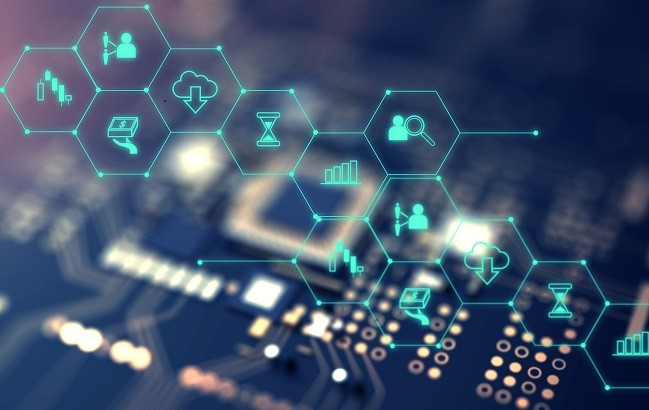
Tight security comes with an annoying compromise
The launch of the 2018 MacBook Pro has been rife with controversy, with issues ranging from the performance to the keyboard. While we’re at it, let’s throw one more log on the fire, shall we?
The new MacBook Pros come with what Apple calls the T2 coprocessor — a chip first featured in the iMac Pro. Although its main reason for inclusion is Siri voice activation, it also has important implications on security and storage. Better security is great, but unfortunately, the T2 coprocessor isn’t without problem.
The return of the T2
The T2 coprocessor brings all sorts of security features to the MacBook Pros. In its press release, Apple says it has “support for secure boot” and “on-the-fly encrypted storage,” two features that first came when the T2 showed up in last year’s iMac Pro. These security features might not sound like a big deal, but they’ll have a much larger effect on users than activating Siri with your voice.
Apple’s never been all that forthcoming about the exact processes these chips control, but there are a few things we know the T2 does handle. That includes Boot-up, storage, and the Touch Bar/Touch ID. Not only are these processes the Intel CPU and third-party controllers no longer must handle, it keeps them protected in Apple’s closed system of stopgaps.
A great example is the boot-up process, which is now partially handled by the T2. As detailed in initial reports about the coprocessor in the iMac Pro, the T2 verifies everything about the system before it’s allowed to move forward. As soon as the Apple logo appears, the T2 is in control, and acts as Apple’s “root of trust” to ensure that everything checks out.
Encrypted storage is equally important. Because the functions of the conventional disk controller have been replaced by the T2, the coprocessor now has direct control over the storage in your MacBook Pro.
That kind of access allows Apple to ensure every piece of data in the SSD is automatically protected and encrypted. That lets Apple to do things like secure your biometric data outside of the SSD. Right now, that’s just the TouchID sensor, but in the future that could include something like FaceID.
However, some reports were made to bring these new security features to the MacBook Pro.
More at http://bit.ly/2K0RxHJ